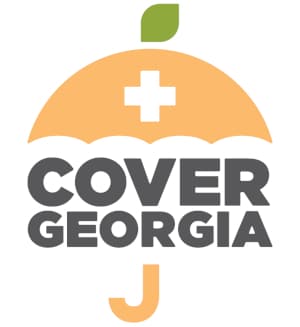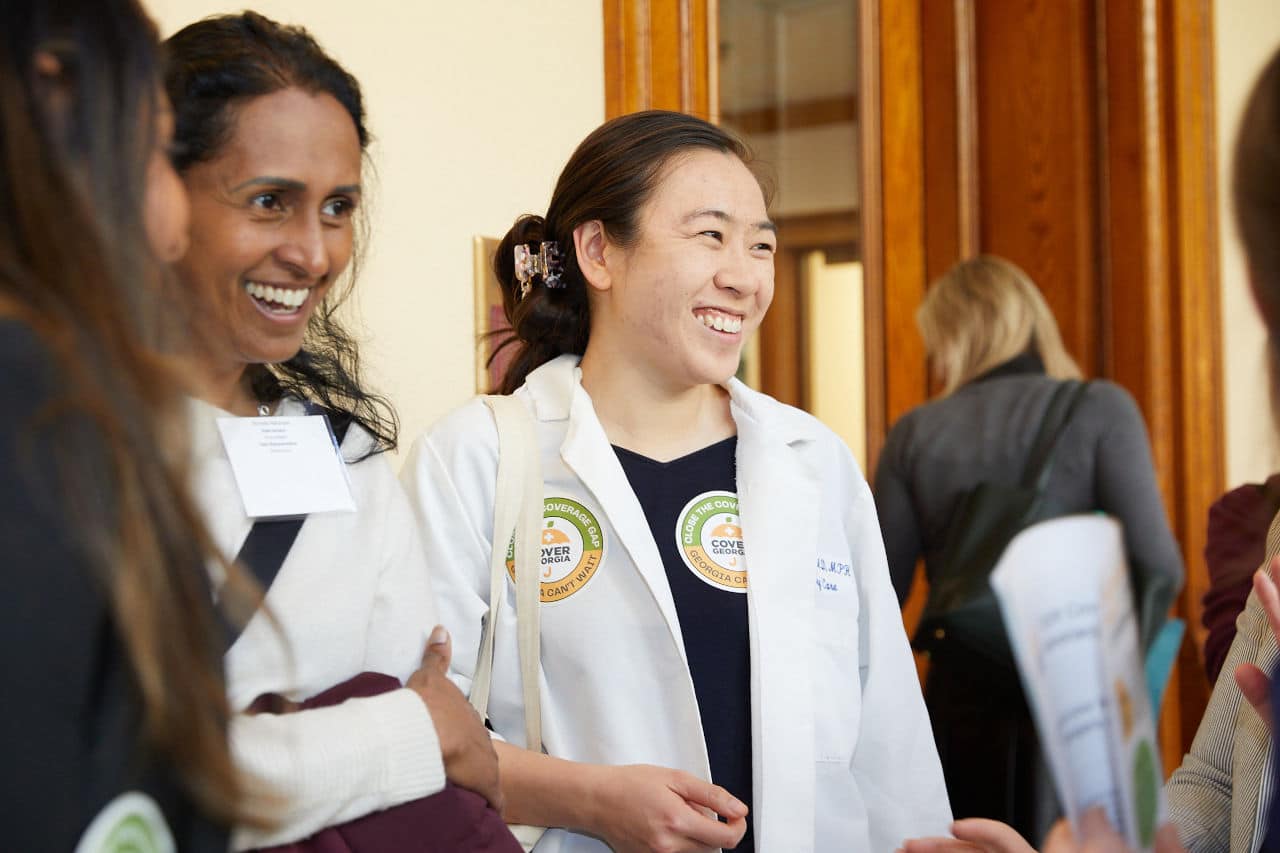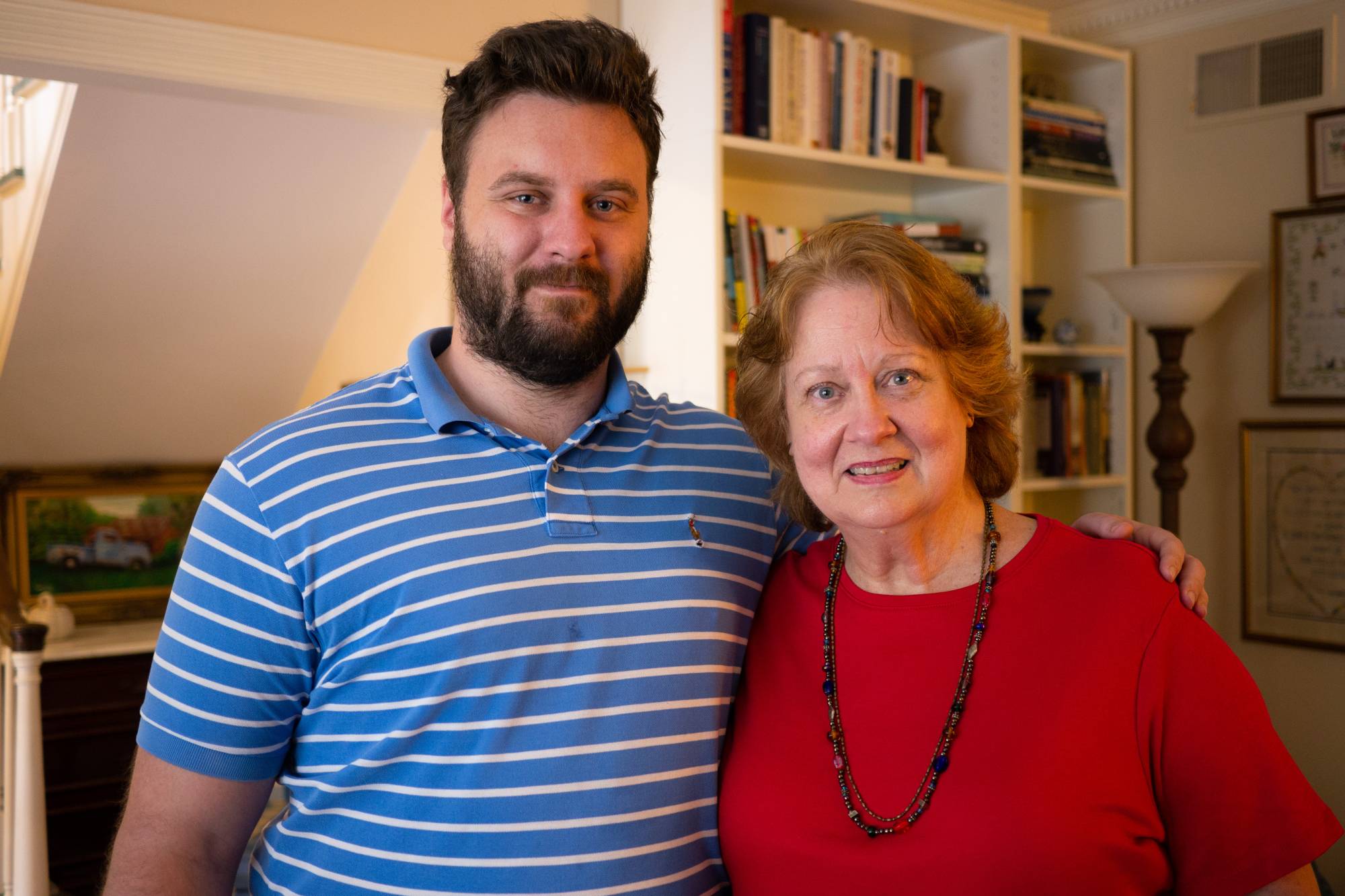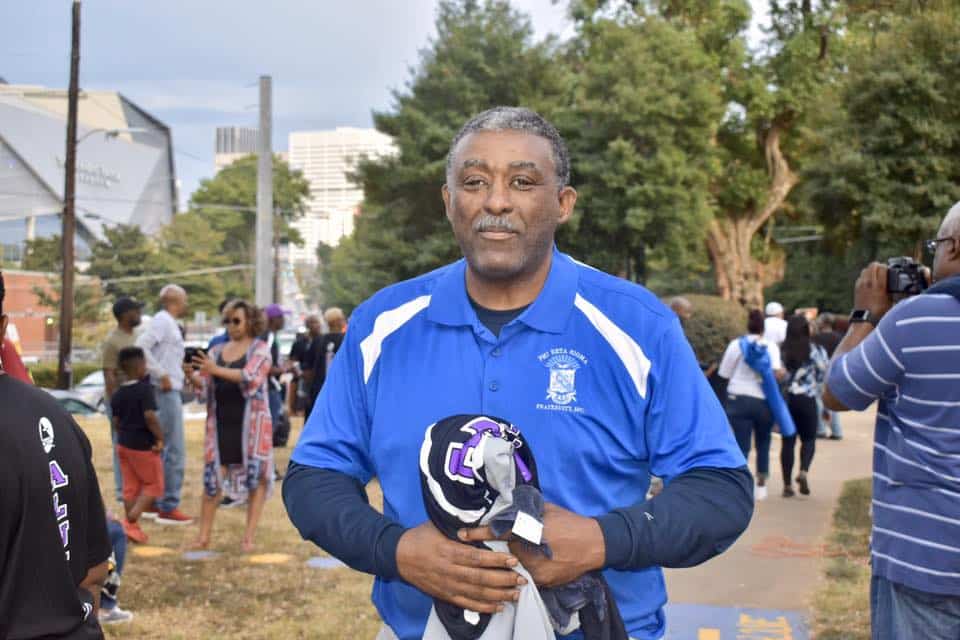
Join Cover Georgia in celebrating Juneteenth
As we approach Juneteenth, let’s celebrate the progress that has been made towards racial equality in the U.S., and pause to assess the gaps and inequities that still affect the Black community. At Cover Georgia, we are and know Black Georgians remain uninsured and stuck in our state’s coverage gap. These individuals work hard earning low wages, caring for loved ones, or managing chronic health conditions while in a vulnerable position: unable to afford private






